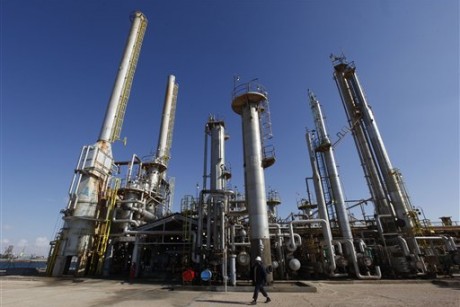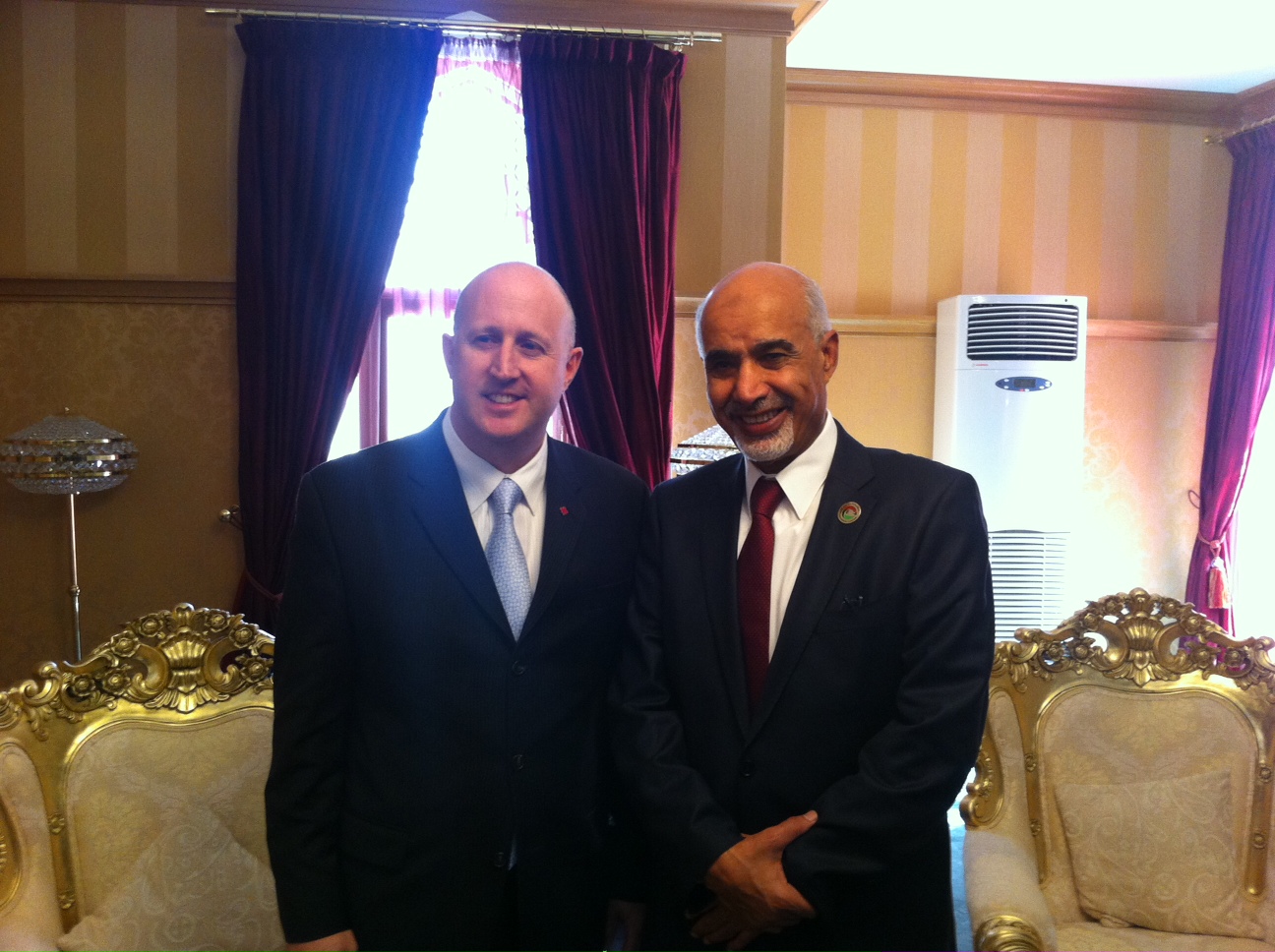By George Grant.

Tripoli, 28 November 2012:
The Ministry of Oil is proposing to separate the National Oil Corporation’s exploration and production activities from . . .[restrict]refining, establishing two separate bodies to be respectively headquartered in Tripoli and Benghazi.
The initiative comes a little under two months after a plan to give Benghazi effective responsibility for exploration, production and refining services in eastern Libya was put on hold following protests in Tripoli.
It is believed that the revised proposal is designed to placate oil workers and activists in eastern Libya who want Benghazi to have a greater say in the running of the country’s oil industry.
“In the oil and gas ministry, we have a near-term plan with respect to the [eastern] region,” new Oil Minister Abdelbari Al-Arusi said in a statement on the NOC’s website.
“[The body] will be called the ‘National Corporation for Oil Refining and Petrochemicals Industry’ and will oversee all companies operating in this area. It will launch projects and secure funding for them.”
In Tripoli would be headquartered the ‘National Corporation for the Exploration and Production of Oil and Gas’. The two departments would also have branches in Tripoli and Benghazi respectively, and would be under the Ministry of Oil.
According to the head of the NOC’s oilfield services arm, however, the proposal is unlikely to placate eastern discontent as currently conceived.
“I don’t think Benghazi will accept it”, Mohammed Albadaly, CEO of Jowfe, told the Libya Herald. “They want exploration and production, not refining. There are far fewer commercial activities in downstream, whereas upstream you have drilling, exploration, production, pipelines and so on”.
Albadaly said that the proposal would more likely be accepted by Benghazi if reversed, to give exploration and production responsibility to the east and leave refining in Tripoli, but that fierce resistance is likely to be encountered in the capital either way.
“A lot of the NOC’s employees are older; they have families and they have roots. They don’t want to move and they don’t want to lose their jobs. That’s why there was so much resistance to Decree 100”.
Under Decree 100, the proposal that was previously shelved, the NOC’s hitherto inconsequential Benghazi branch would have been given de facto control over the oil industry in eastern Libya, home to some 80 per cent of the country’s oil fields.
Five departments were to have been established, in the fields of petro-chemicals and refining, exploration and production, human resources, administration and finance. Having only been signed off on 4 October, NOC Resolution 100 was in force for less than a week before being suspended in the face of fierce opposition from staff in Tripoli.
Speaking to the Reuters news agency, Deputy Oil Minister Omar Shakmak described the latest plan as “a matter of reorganisation. We will receive feedback from experts within the oil sector and civil organisations … and upon that, a proposal will be submitted to the government,” he said. [/restrict]








